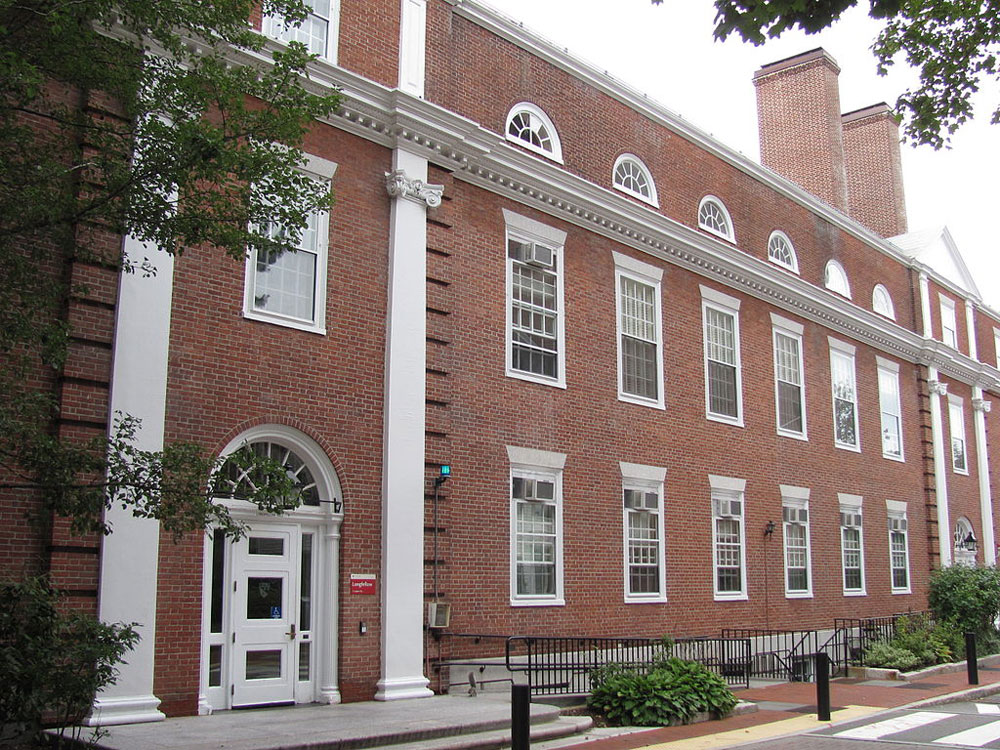
July 8, 2020; NPR
Harvard University and the Massachusetts Institute of Technology (MIT) filed a suit against the federal government on Wednesday, July 8th, two days after US Immigration and Customs Enforcement (ICE) announced a new federal policy preventing international students from attending any college or university that’s moving solely to remote learning.
According to National Public Radio (NPR), Harvard and MIT are “seeking to have the US Immigration Customs And Enforcement policy reversed and declared unlawful. In the complaint, the schools condemn the agency’s ‘arbitrary and capricious’ decision.” Harvard recently announced its decision to implement online-only learning, and MIT stated it would be reducing the number of students on campus, increasing its online course offerings, and in-person courses would be relegated to only those students who need them.
The policy rolled out on Monday, July 6th, states that international students in the US on F-1 and M-1 visas are not allowed to “take a full online course load and remain in the United States.” Students must either transfer to a school with in-person courses or return to their home country to take classes; if they do not, as per ICE, “they may face immigration consequences including, but not limited to, the initiation of removal proceedings.”
ICE also states that visas will not be issued to new international students enrolled in colleges that are fully online.
The government’s mandate regarding international students is not simply relegated to online-only schools. The government has stipulations for any international student attending a school with a hybrid model, like MIT—both in-person and online classes. Schools must certify 1) that the program is not entirely online and 2) that their international students are not taking a fully online course load.
Though ICE states the changed policy is simply due to the pandemic, what is truly at stake here, and what underlies this decision, made only weeks prior to the start of a new semester when many schools have either already published their plans for the fall or are in the final stages of solidifying them?
Harvard and MIT claim “the policy would effectively strand hundreds of thousands of international students studying in the US and muddy plans for a return to class amid the coronavirus pandemic.” They also say the policy is in complete disregard of community safety, as it attempts to force colleges and universities to implement in-person classes.
Sign up for our free newsletters
Subscribe to NPQ's newsletters to have our top stories delivered directly to your inbox.
By signing up, you agree to our privacy policy and terms of use, and to receive messages from NPQ and our partners.
“The effect—and perhaps even the goal,” they note in their complaint, “is to create as much chaos for universities and international students as possible.”
The statement issued by the American Council on Education put it even more blatantly:
On its face, the guidance released today by Immigration and Customs Enforcement (ICE) is horrifying…this guidance provides confusion and complexity rather than certainty and clarity. At a time when institutions are doing everything they can to help reopen our country, we need flexibility….This guidance is both disappointing and counterproductive.
As the US is facing rising numbers of coronavirus cases and an economic recession, higher education is struggling significantly. This xenophobic mandate would deprive it of two necessary components: the intrinsic values of cultural diversity and intellectual vibrancy, and revenue sufficient to survive the pandemic. International students are integral to the educational missions of most colleges and universities in the US, especially liberal arts schools, and particularly rural campuses, where local students may never have traveled out of the country or met someone from elsewhere on the globe.
In 2019, international students comprised 5.5 percent of the total US collegiate student body, and in 2018, they contributed $45 billion to the US economy. As noted in the legal complaint, almost 5,000 of Harvard’s students are attending on F-1 visas; for MIT, that number is close to 4,000.
A recent Guardian article observes that the policy seems like “an attempt by the Trump administration to exploit a global public health pandemic for racist and xenophobic political ends. Many of the students affected are people of color…[and the policy] appears to serve two of Trump’s political objectives,” limiting the legal immigration of non-white peoples and the forced reopening of the country, including K-12 public schools. The President even tweeted on Monday, the same day as ICE published the new rules, “SCHOOLS MUST REOPEN IN THE FALL!!!”, and threatened to cut funding for those public K-12 schools who choose remote learning.
MIT school president L. Rafael Reif said in an open email that “The [ICE] announcement disrupts our international students’ lives and jeopardizes their academic and research pursuits.” But not only that, there is a real human cost to forcing schools to implement in-person classes amid an uncontrolled pandemic and economic crisis when many schools, unlike Harvard and MIT, may not even have adequate funds to reopen their classrooms safely.
Weeks away from the fall semester, we will have to see what becomes of this lawsuit aimed at preventing a policy with untold implications on thousands of lives.—Beth Couch













